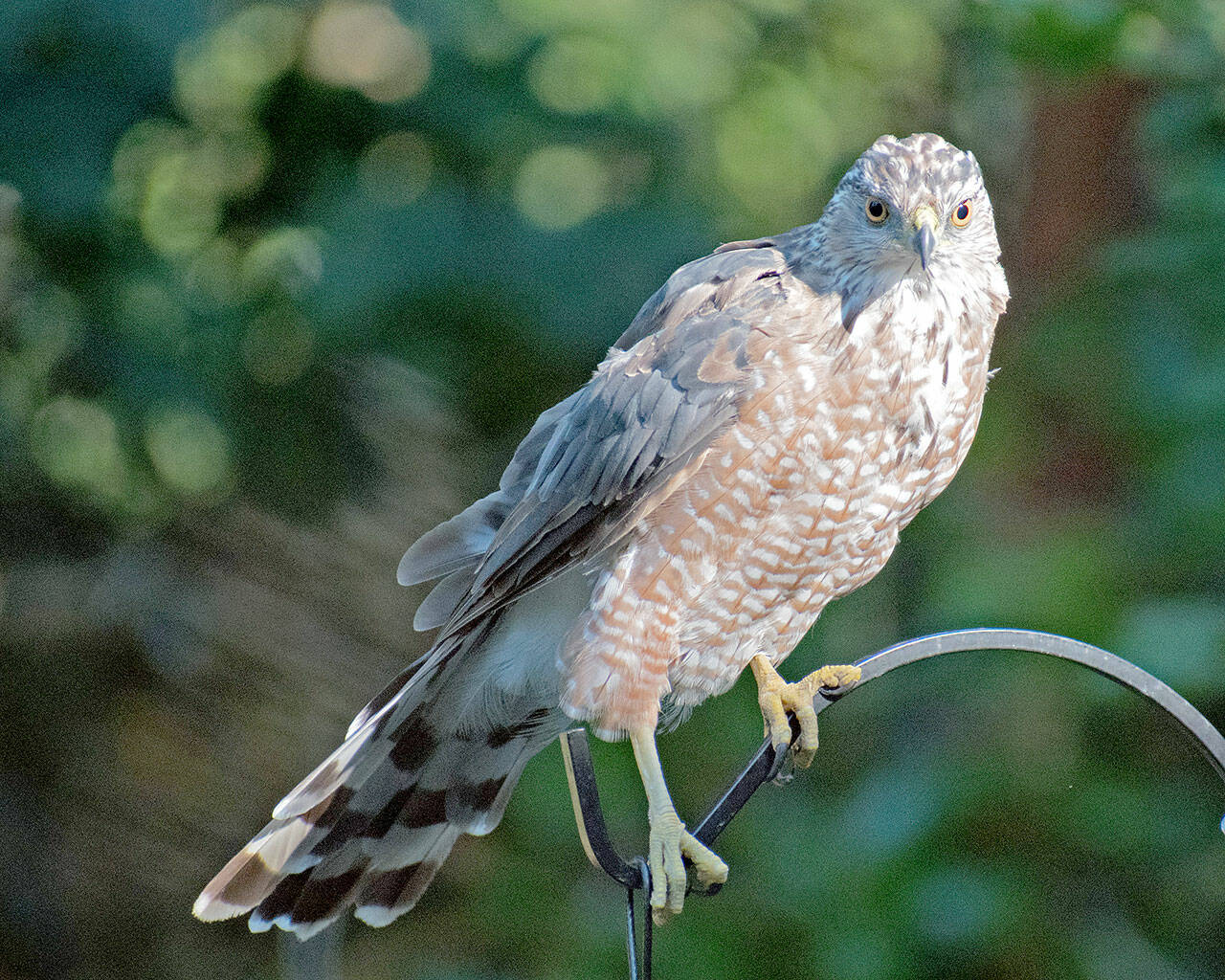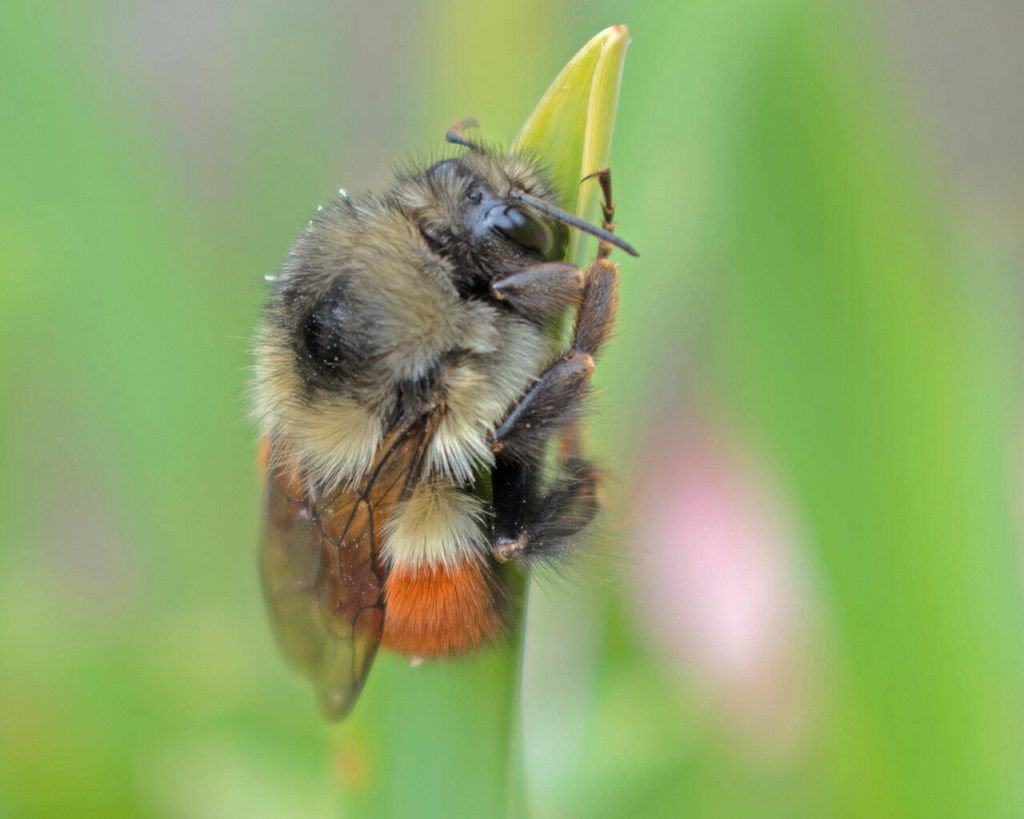By William McClain / Special to The Herald
Editor’s note: This is the first in a series of five articles during April, Native Plant Appreciation Month, about the importance of native plant landscaping in the Snohomish County garden.
If you’re like most people, you may be feeling the impact of too much negative news — from pandemics and climate emergencies to political conflict at home and abroad. Finally, here’s something positive and non-partisan that you can do to improve both your physical and mental wellbeing, while at the same time helping the planet. It’s waiting for you right in your own back yard (and front yard!)
During April, I’ll be writing about how to transform your home space into a wildlife-friendly haven, something people everywhere are doing in small steps or big leaps, and in small or large yards. And it’s not simply a nice thing to do to generate good feelings. We will explore why this growing movement is a vital component of our environmental restoration.
Most of us are aware of the therapeutic value of nature. In fact, studies have found that exposure to nature is associated with better physical health and higher mental functioning, especially among children. While trips to national and state parks are great, why not enjoy those benefits every day, right where you live?
That’s been our experience in transforming our property from a typical suburban landscape to a space that is more ecologically productive, beautiful and engaging. Visits from flickers and from downy, hairy and pileated woodpeckers have become everyday treats, instead of occasional occurrences. Evenings are enhanced by calls from great horned and long-eared owls. We’ve also seen a marked increase in raptors, native bees and frogs.
There’s no disputing that nature needs our help. North America has experienced a net loss of 3 billion birds (29%) since 1970. And it’s not just birds. A 2020 study concluded that terrestrial insects are declining at the alarming rate of 9% each decade. Similar declines in both density and diversity are playing out across the plant and animal kingdoms.
It is our insects that play the central role. Even if you’re one who appreciates these tiny creatures from a distance, they are critical to your survival. Within the complex web of interactions between species, they are the main conduit between energy collectors (plants) and energy consumers (primarily mammals, birds, amphibians and reptiles). Without healthy insect populations, the entire environmental web collapses. To bring this closer to home—without the pollination services of insects, much of human agriculture would grind to a halt.
Land conservation in the form of national and state parks, land trusts, conservation districts and wilderness areas plays a hugely important role in protecting our planet. However, there are limits in what can be done through land conservation. Simply put, the areas set aside are two small and too disconnected to do the job.
How can we address this problem? There is a limit to how much we can expand land conservation. Some 83% of the U.S. is privately owned. Most of this land is taken up with housing, retail, business, farming and resource extraction. Much of the publicly owned land is used for important roles such as education, recreation and resource extraction as well.
While it’s important to continue conserving land where possible, our solution must also include the spaces where we work, live and play. The idea that nature should remain where nature exists — that people are here, and nature is somewhere else — separates us from nature. This is not healthy for our planet and it’s not healthy for us. Our modern society has disconnected us from the nature that nourishes both our bodies and our souls.
William McClain of Lynnwood is a member of the Pilchuck Audobon Society. A native Washingtonian, he published his first novel, “The Risk in Crossing Borders,” in 2020 after retiring from a career in benefits consulting. He hopes to publish a second novel set in England during World War II in 2023. HIs interests include hiking, nature photography and playing soccer.
Talk to us
> Give us your news tips.
> Send us a letter to the editor.
> More Herald contact information.


























